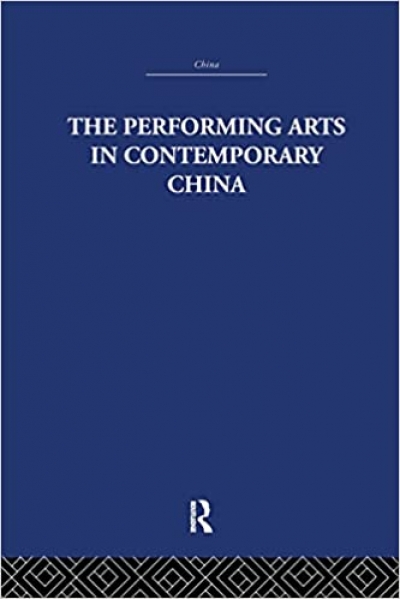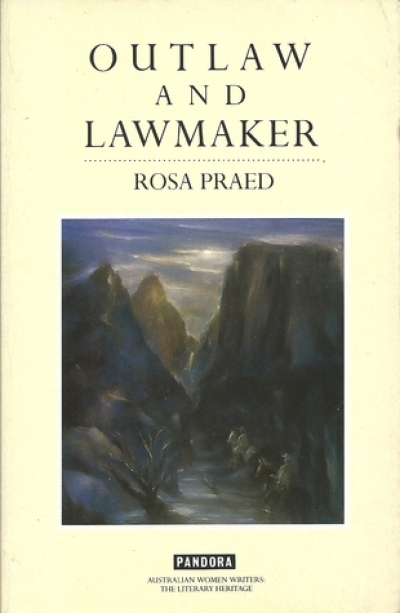Archive
Champions of the Impossible: A history of the National Council of Women of Victoria 1902–1977 by Ada Norris
by Kay White •
Deep Gold by Arthur Maher & Seven Miles from Sydney by Lesley Thomson
by Stephen Knight •
Selected Poems by Andrew Taylor & New and Selected Poems by Philip Martin
by Philip Salom •
Outlaw and Lawmaker by Rosa Praed & Mothers of the Novel by Dale Spender
by Margaret Harris •










